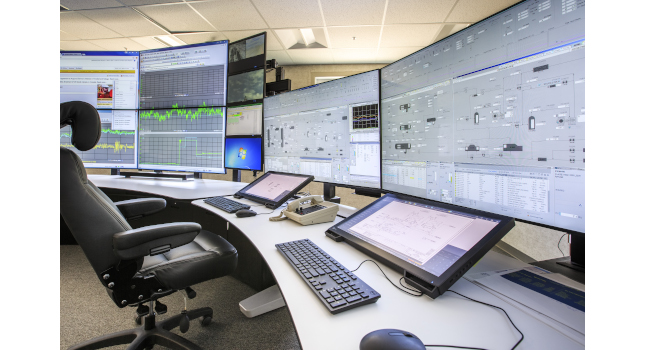
Cybersecurity for DCS and ICSS in Offshore Oil & Gas
Offshore platforms and Floating Production Storage and Offloading (FPSO) units operate in some of the harshest and most complex industrial environments in the world. While safety systems like Distributed Control Systems (DCS) and Integrated Control and Safety Systems (ICSS) are designed to protect assets and people, they are now facing a new type of challenge—cybersecurity threats.
For offshore operators and consultants, understanding and addressing cybersecurity for offshore DCS is no longer optional—it is a critical component of operational safety and reliability.
1. Why Cybersecurity Matters Offshore
In the past, control systems were isolated, but today’s DCS and ICSS are increasingly connected to corporate networks, remote monitoring systems, and even cloud platforms. This connectivity improves efficiency but also opens the door to:
-
Unauthorized access to control systems
-
Malware or ransomware attacks
-
Manipulation of process data
-
Risk of unplanned shutdowns or safety incidents
Cyberattacks on offshore systems can cause production losses, environmental damage, and serious safety risks.
2. Common Cybersecurity Vulnerabilities in Offshore DCS/ICSS
Offshore assets often face these challenges:
-
Legacy systems lacking built-in security features
-
Weak access controls or shared operator accounts
-
Unpatched software and firmware on control hardware
-
Insufficient network segmentation, allowing intruders to move between systems
Identifying these vulnerabilities is the first step toward building a resilient cybersecurity strategy.
3. Industry Standards and Compliance
Cybersecurity for offshore DCS and ICSS must align with globally recognized standards, including:
-
IEC 62443 – Industrial automation and control system cybersecurity
-
NIST Cybersecurity Framework – Guidelines for risk management
-
ISO/IEC 27001 – Information security management
Compliance with these standards not only protects operations but also demonstrates commitment to regulators, stakeholders, and insurers.
4. Best Practices for Cybersecurity in Offshore Operations
To strengthen cybersecurity for offshore platforms, operators should consider:
✔ Network Segmentation – Isolate DCS/ICSS networks from corporate IT systems
✔ Strict Access Control – Role-based access and multi-factor authentication
✔ Patch Management – Regularly update control system software and firmware
✔ Monitoring and Detection – Continuous network monitoring for unusual activity
✔ Incident Response Plans – Defined procedures to react quickly to cyber incidents
A layered defense strategy ensures that even if one security barrier fails, others remain in place.
5. Role of System Integrators in Offshore Cybersecurity
A modern system integrator in Malaysia with offshore expertise can design and implement cybersecurity solutions tailored to FPSO and platform operations. This includes:
-
Conducting cybersecurity risk assessments
-
Upgrading legacy DCS/ICSS to more secure platforms
-
Integrating firewalls, secure remote access, and monitoring tools
-
Providing training to offshore teams on cybersecurity awareness
By combining deep knowledge of process control, safety systems, and offshore operations, we help operators and consultants safeguard their most critical assets.
Conclusion
In today’s connected world, cybersecurity for offshore DCS and ICSS is just as important as physical safety systems. By addressing vulnerabilities, following international standards, and implementing best practices, FPSOs and offshore platforms can protect production, people, and the environment.
👉 Concerned about the cybersecurity of your FPSO or offshore platform’s DCS and ICSS? Contact us today to learn how we can help secure your operations against evolving threats.
Keywords: DCS, ICSS, Platform
Contact: +6017-347 5015 (Faiq:Head of DCS Team)
